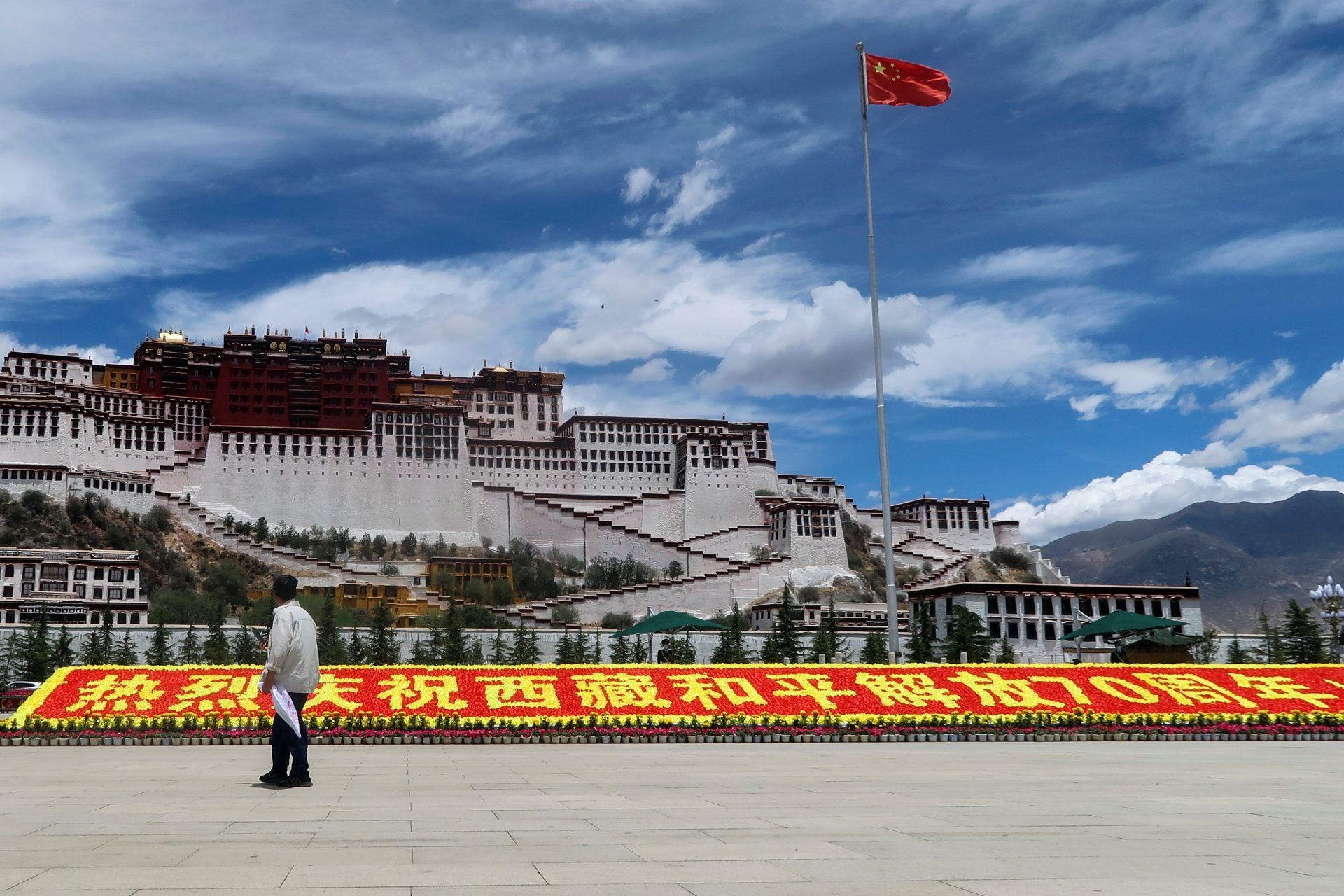Police in western China’s Sichuan province arrested about 60 Tibetans found with photos of exiled Tibetan spiritual leader the Dalai Lama this week, intensifying a campaign against possession of the banned images, Tibetan sources say.
Taken into custody in Sunday’s raid in Dza Wonpo township in the Kardze (in Chinese, Ganzi) Tibetan Autonomous Prefecture were 19 monks from a local monastery and 40 laypeople whose homes were thoroughly searched by police, a Tibetan living in India told RFA.
“Those who were arrested are currently being held at the Sershul [Shiqu] county police station,” RFA’s source said, speaking on condition of anonymity and citing contacts in the region.
Chinese police then called a meeting on Wednesday, three days later, telling local residents aged 18 and above they would penalized for failure to attend, the source said, adding, “The focus of the meeting was to warn people not to keep any pictures of the Dalai Lama or to share any information over their cell phones.”
A second raid of houses in the township to find banned photos was then launched that same day, the source said.
This week’s meeting and raids followed meetings earlier this year in Dza Wonpo in which Tibetans were forced to sign a document pledging not to keep or circulate photos of the Dalai Lama on penalty of criminal prosecution and cut-offs of state aid, according to Tibetan sources.
Authorities also inspected a local old-age home on the pretext of cleaning the facility and confiscated a number of the banned photos, giving facility residents pictures of China’s president Xi Jinping and other Chinese leaders to put up in their place, one source said.
Already tightly restricted following widespread protests in Tibetan regions in 2008, Dza Wonpo’s local monastery drew increased police attention in 2012 when monks refused to host Chinese national flags on the monastery’s roofs.
Sporadic protests including the scattering of leaflets calling for Tibetan independence have continued in Dza Wonpo since then, with a monk named Tenzin Nyima, also called Tamey, dying in January of injuries sustained from beatings and torture in a Chinese prison after being released in a comatose state by
Considered a separatist by Chinese leaders, the Dalai Lama fled Tibet into exile in India in the midst of a failed 1959 national uprising against rule by China, which marched into the formerly independent Himalayan country and annexed it by force in 1950.
Chinese authorities maintain a tight grip on the region, restricting Tibetans’ political activities and peaceful expression of cultural and religious identity, and subjecting Tibetans to persecution, torture, imprisonment, and extrajudicial killings.
Copyright © 1998-2020, RFA. Used with the permission of Radio Free Asia, 2025 M St. NW, Suite 300, Washington DC 20036







